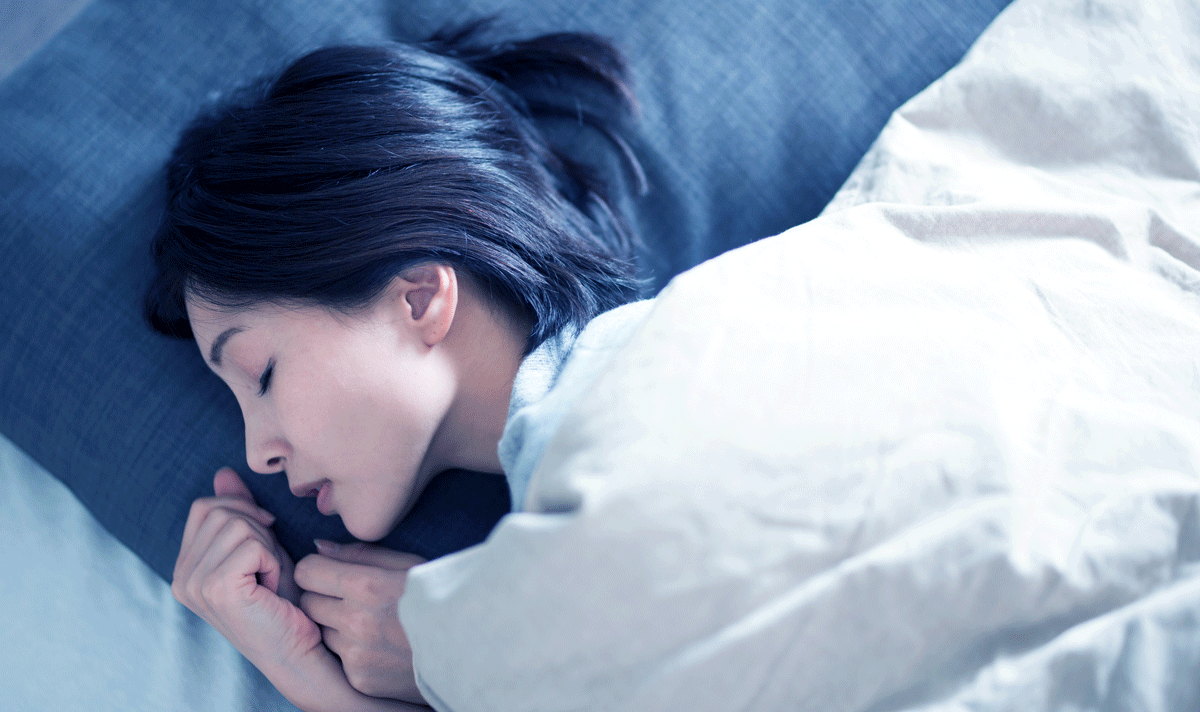
Why is Sleeping Cool Important?
Your body has an ideal sleeping temperature somewhere between 60- and 67-degrees Fahrenheit, which is cooler than most room temperatures during the day. Does that mean you’re sleeping in too much heat? Possibly. Sleeping in cool temperatures can increase your metabolism, improve deep sleep, and boost your immune function. With all of those benefits, maybe it’s time to turn down the heat and try a new mattress or pillow.
Increased Metabolism
Scientists noticed that rats who slept in cooler temperatures had an increase of brown fat mass and decrease of white fat mass. Brown fat can actually stimulate metabolism of white fat as adipose tissue, thus burning fat. In testing for this same phenomena in humans, researchers at the NIH Clinical Center in Maryland five healthy men lived in a room of 24 °C during the day. Then each month, they manipulated night time sleeping temperatures from 24 °C, 19 °C, back to 24 °C, and 27 °C.
After a month of just mild cold, the participants experienced a 10% increase in fat metabolism and 42% increase in brown fat. Interestingly, they started to return and were completely reversed as the temperatures got warmer.
These findings suggest that sleeping in cooler temperatures can increase your metabolism, but only to a certain level. Extreme cold can prevent sleep which negates any positive effect. So try and sleep between 60 and 67 degrees Fahrenheit.
Increase Deep Sleep
Heat exposure during sleep decreases REM and slow wave sleep and increases wakefulness. Core body temperature naturally drops as we fall asleep, as it’s a signal for rest and recovery during the 24-hour circadian rhythm. Maintaining that relationship is important for high-quality sleep, specifically deep sleep.
Studies with semi-nude patients discovered around 29 degrees Celsius to be the ideal sleeping temperature. However, with commonalities such as clothes and bedding, the room typically needs to be cooler than that to counteract for insulation. According to a study with the Journal of Physiological Anthropology, heat disturbed real-life situations (with covering while asleep) much more than cold exposure, which decreased slow wave, deep sleep.
You need slow wave and REM sleep to feel fully-rested, as it’s during those stages that most repair occurs. If you’re sleeping in heat, you’re likely only sleeping lightly.
Boost immune performance
Have you ever had a few weeks of bad sleep and come down with a cold? There’s an explanation for that.
Immune function increases during REM sleep. But you actually have to hit the REM stages to reap the benefits. A comprehensive study showed that not only is immune system function cyclical similar to sleep, but sleep encodes immune memory and impairment results in inflammatory factors.
If you’re constantly sleeping in higher temperatures, you’ll experience light stages of sleep and wakefulness throughout the night. You never get complete REM cycles. Without deep sleep, you leave your body susceptible to disease as immune performance suffers.
-Kimber Rozier, CSCS
Also in Blog

Cyber Monday Sleep Deals

Turkey and Cranberry Quesadilla's: Promote Sleep and Use Leftovers!
Turkey has long been known to help you feel sleepy, thanks to it containing tryptophan. If you have extra turkey and are looking for a quick dinner to help you feel sleepy tonight, try this quesadilla!


